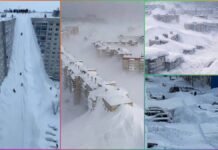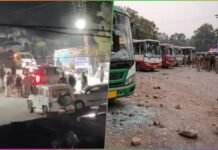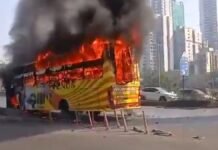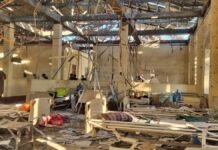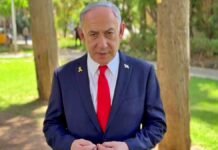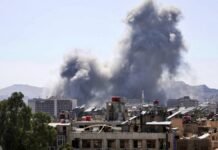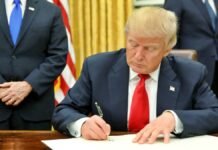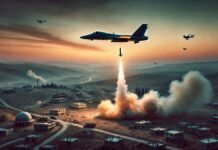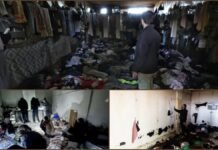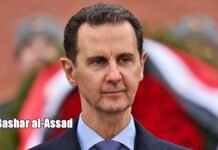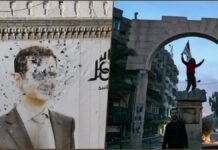
Damascus: For the first time since 2018, rebel forces in Syria have reached the outskirts of Damascus, raising alarms over the stability of President Bashar al-Assad’s regime. Opposition activists and a rebel commander confirmed Saturday that Islamic rebels are advancing rapidly, capturing key areas and positioning themselves closer to the capital than they have in years.
This development follows the Syrian army’s strategic withdrawal from much of southern Syria, leaving critical regions, including two provincial capitals, under opposition control. Amid this turmoil, Syrian state media refuted rumors about President Assad fleeing the country, affirming he remains in Damascus and is actively managing the situation.
Rebels Target Capital Suburbs
Rami Abdurrahman, head of the UK-based Syrian Observatory for Human Rights, reported that rebel forces are now active in key suburbs of Damascus, including Madamia, Jaramana, and Daraya. On Saturday, opposition fighters also advanced from eastern Syria to Harasta, another suburb of the capital. Rebel commander Hassan Abdul-Ghani, posting on Telegram, described this movement as the “final phase” of their campaign to encircle Damascus, with fighters moving strategically from southern Syria toward the capital.
Army Withdrawals Leave Strategic Regions Vulnerable
The Syrian army’s withdrawal from the southern provinces of Daraa and Sweida has left these regions exposed to opposition forces, who have already seized control of several towns, including Hama, Syria’s fourth-largest city. According to army officials, the redeployment aimed to avoid urban warfare and protect civilians. Meanwhile, additional troops have been dispatched to Homs, Syria’s third-largest city, to defend against imminent rebel advances.
HTS Vows to Topple Assad Regime
The rebel offensive is spearheaded by Hayat Tahrir al-Sham (HTS), a jihadist group led by Abu Mohammad al-Golani. In a recent interview with CNN, al-Golani stated the group’s primary objective is to overthrow Assad’s government. “This is a decisive moment for Syria’s future. We aim to liberate Damascus and establish a just government,” he declared.
The rapid advances by HTS and its allies have raised questions about the Assad regime’s ability to maintain control, particularly in the face of increasing international criticism.
Qatar Criticizes Assad, Warns of Escalation
Qatar’s Foreign Minister Sheikh Mohammed bin Abdul Rahman al-Thani expressed concern over the escalating conflict. Criticizing Assad for failing to address Syria’s systemic issues during periods of reduced violence, Sheikh Mohammed warned that the current rebel advance poses a serious threat to Syria’s territorial integrity. “The conflict risks immense damage if a political process is not urgently initiated,” he said.
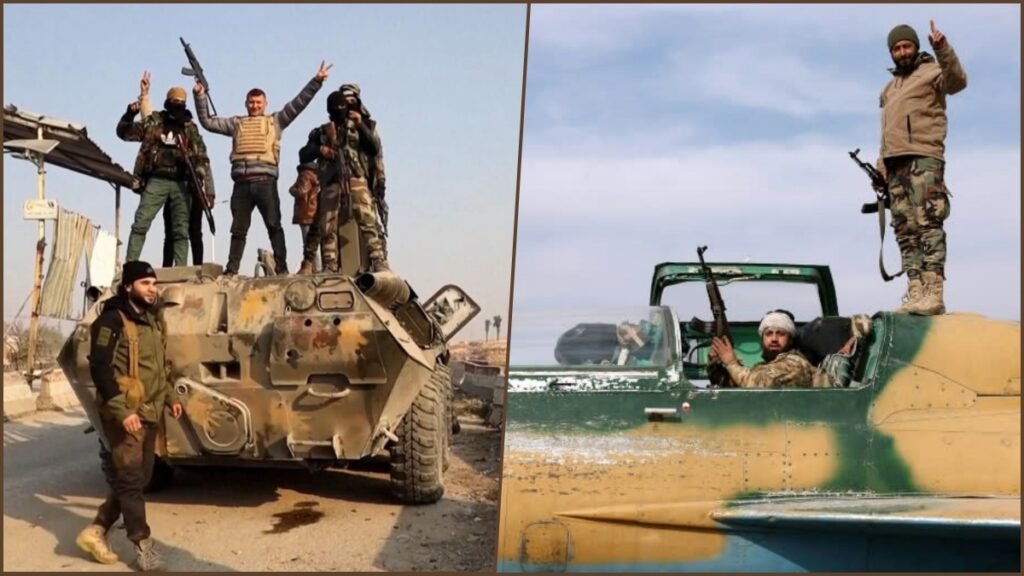
The Road to Damascus: A Turning Point?
As the rebels close in on Damascus, the civil war appears to be entering a critical phase. The Syrian army’s strategy of tactical withdrawals to focus on key strongholds like Homs indicates a shift in priorities. Meanwhile, the international community watches anxiously, aware that the outcome could reshape Syria’s future.
With the battle lines shifting closer to the heart of Assad’s regime, the question remains: Can Damascus withstand this latest assault, or is the capital on the brink of falling into rebel hands? The coming weeks are likely to determine the trajectory of Syria’s decade-long conflict.









